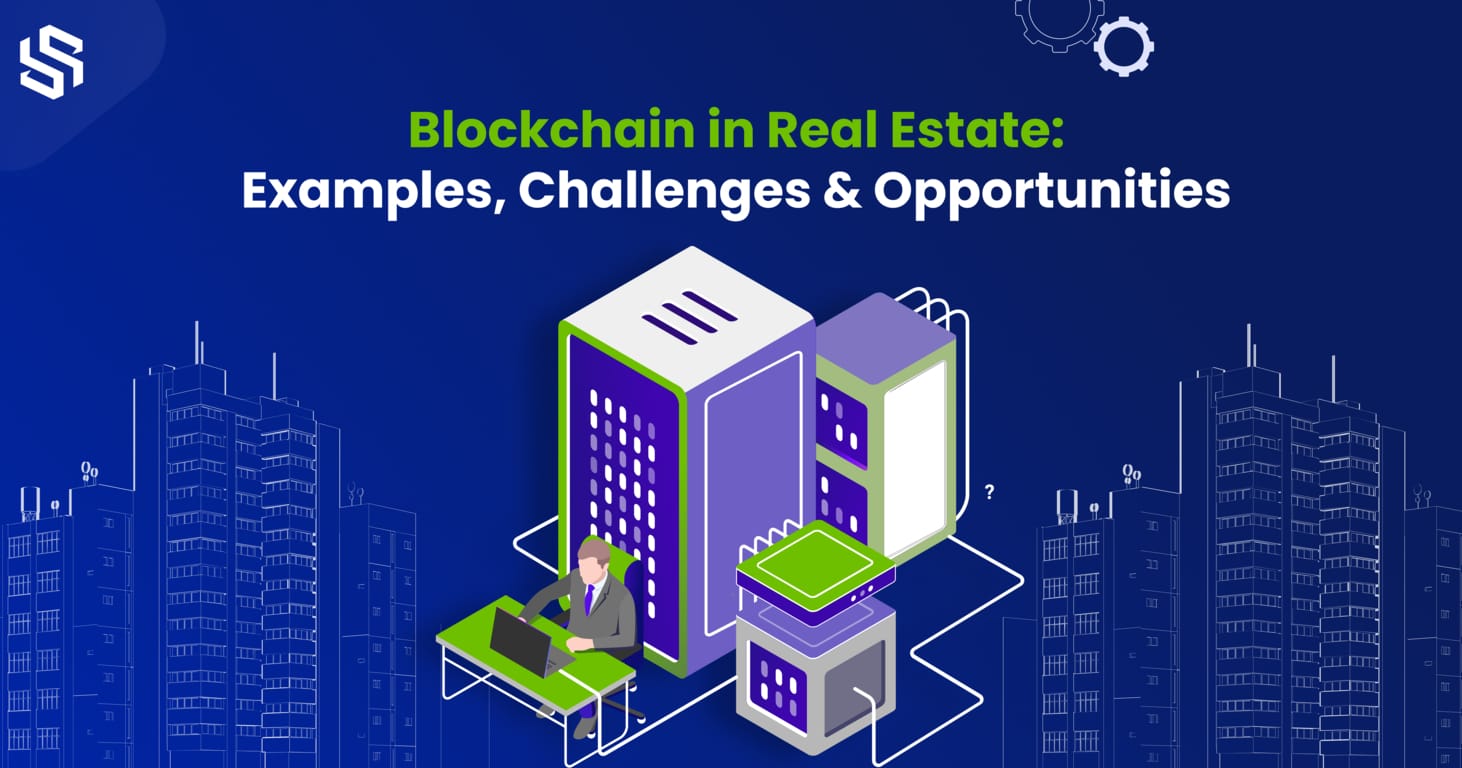
Decentralizing Real Estate Transactions
Blockchain in real estate is a game-changer, introducing decentralized and secure solutions that transform the traditional transaction landscape. This technology, known for powering cryptocurrencies, is proving its mettle in real estate by offering transparency, efficiency, and a heightened level of security.
Transparent and Tamper-Proof Transactions
One of the primary benefits of blockchain in real estate is its ability to create transparent and tamper-proof transactions. Each transaction recorded on the blockchain is immutable and time-stamped, reducing the risk of fraud or manipulation. This transparency instills trust among parties involved in real estate transactions, from buyers and sellers to agents and lenders.
Smart Contracts Streamlining Processes
Smart contracts, a key feature of blockchain technology, are streamlining and automating various processes in real estate transactions. These self-executing contracts automatically enforce the terms and conditions agreed upon by the parties involved. This not only reduces the need for intermediaries but also ensures that contractual obligations are met in a secure and efficient manner.
Enhanced Security for Property Ownership
Blockchain enhances security in property ownership records. By storing ownership information on a decentralized and encrypted ledger, the risk of fraudulent activities related to property titles is significantly minimized. Property owners can have greater confidence in the accuracy and integrity of their ownership records, reducing legal disputes and uncertainties.
Increased Efficiency in Transactions
The efficiency gains introduced by blockchain in real estate transactions are noteworthy. Traditionally, property transactions involve multiple intermediaries, paperwork, and time-consuming processes. With blockchain, the entire process becomes more streamlined, reducing the time and costs associated with property transactions. This increased efficiency benefits all parties involved, making real estate transactions faster and more accessible.
Tokenization of Real Estate Assets
Blockchain facilitates the tokenization of real estate assets, allowing properties to be divided into smaller, tradable tokens. This innovation opens up new avenues for real estate investment by enabling fractional ownership. Investors can now participate in real estate projects with smaller capital contributions, fostering a more inclusive and liquid real estate market.
Globalizing Real Estate Investment
Blockchain’s borderless nature has the potential to globalize real estate investment. Investors from different parts of the world can engage in real estate transactions seamlessly, facilitated by the decentralized and accessible nature of blockchain technology. This globalization of real estate investment contributes to diversification and increased opportunities for investors.
Challenges and Regulatory Considerations
Despite its transformative potential, the adoption of blockchain in real estate is not without challenges. Regulatory frameworks and legal considerations need to evolve to accommodate the unique features of blockchain transactions. Overcoming these challenges will require collaboration between the real estate industry, regulators, and technology innovators to ensure a smooth integration of blockchain into traditional real estate practices.
Real-World Applications and Case Studies
To explore real-world applications and case studies showcasing the impact of blockchain in real estate, visit Blockchain in Real Estate. This link provides insights into ongoing projects, successful implementations, and the evolving landscape of blockchain technology in real estate. As the industry continues to embrace blockchain, staying informed about these developments is essential for both industry professionals and individuals involved in real estate transactions.
Embracing the Future of Real Estate
Blockchain in real estate is not just a technological trend; it’s a transformative force reshaping the foundations of property transactions. Embracing the future of real estate involves understanding the potential of blockchain, staying abreast of industry advancements, and actively participating in the evolution of a more efficient, transparent, and secure real estate ecosystem.
